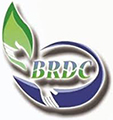Training Materials
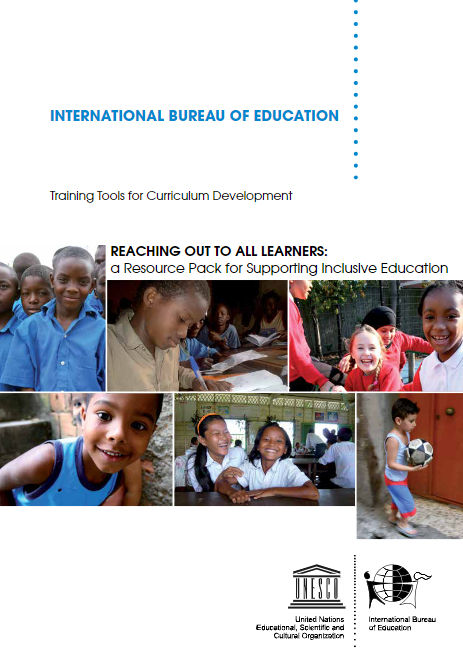
Training tools for Curriculum Development: Reaching Out to All Learners: A Resource Pack for Supporting Inclusive Education
2016
Author(s): UNESCO International Bureau of Education
This guide provides a framework that is intended to stimulate discussion of these issues among policy- makers within a country. It presumes that the aim of inclusive education is to eliminate social exclusion that is a consequence of attitudes and responses to diversity in race, social class, ethnicity, religion, gender and ability
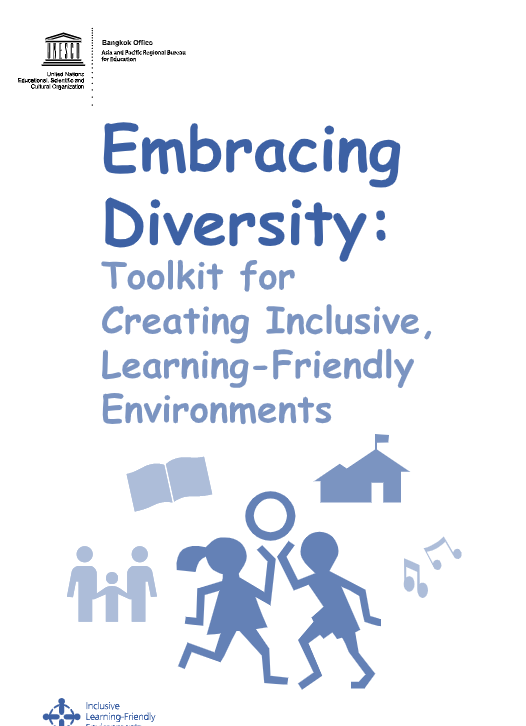
Embracing Diversity: Toolkit for Creating Inclusive, Learning-Friendly Environments
2015
Author(s): UNESCO Office Bangkok and Regional Bureau for Education in Asia and the Pacific
This study shows that “Inclusive” does include children with disabilities such as children who have difficulties in seeing or hearing, who cannot walk, or who are slower to learn. HOWEVER, “inclusive” also means including ALL children who are left out or excluded from school.

Indigenous Peoples in the Forest and Other Land Use Sector Implementation of the Royal Government of Cambodia’s Nationally Determined Contributions : Call for Indigenous Peoples Proposals
2023
Author(s): United Nations Development Programme
This document is specifically designed for IPs in the country and will fund IPOs, LNGOs or CBOs who work directly with IPs and indigenous communities to contribute to the implementation of the country’s Nationally Determined Contributions (NDC) in the Forest and Other Land Use (FOLU) sector.
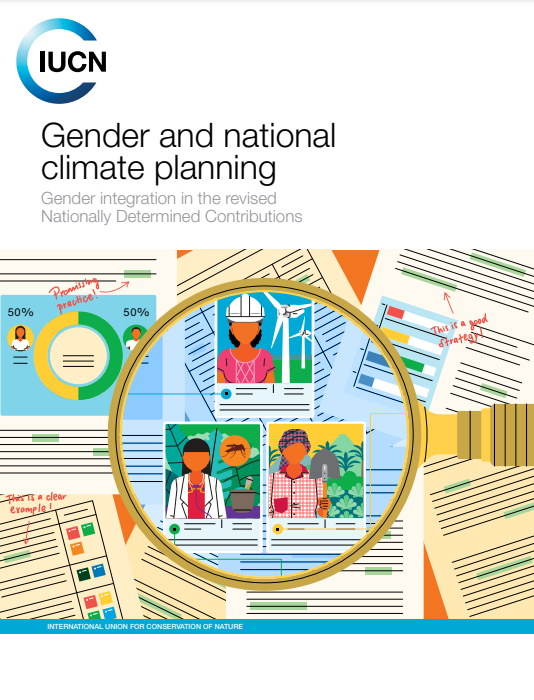
Gender and national climate planning : Gender integration in the revised Nationally Determined Contributions
2021
Author(s): International Union for Conservation of Nature and Natural Resources
This study aims to: contribute to global and regional gender-climate policy data; enrich regional and national information to better target assistance to countries, their stakeholders and supporters; and inform more robust gender-responsive policymaking, knowledge and action at greater scales.
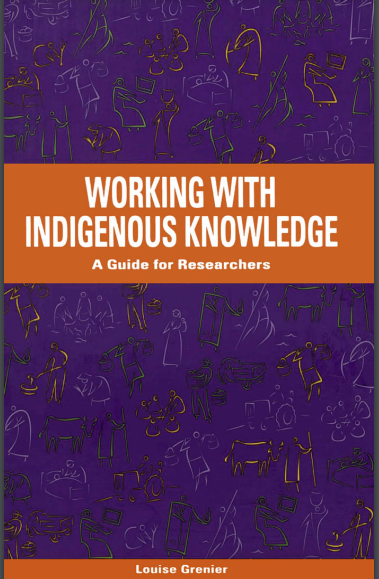
Working with Indigenous Knowledge: A Guide for Researchers
1998
Author(s): Louise Grenier
IK systems are also dynamic: new knowledge is continuously added. Such systems do innovate from within and also will internalize, use, and adapt external knowledge to suit the local situation.
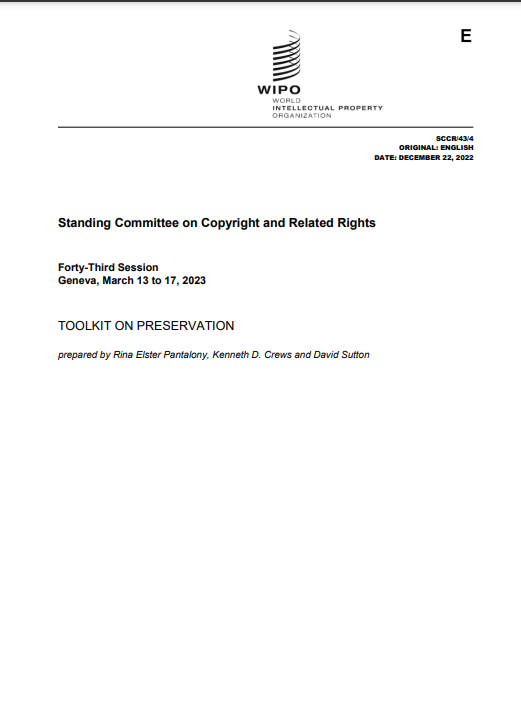
The toolkit is also meant to be accessible and meaningful to multiple audiences, including cultural heritage professionals, policy experts, and others who will be providing input and advising lawmakers. It describes the rationale and the need for limitations and exceptions for preservation copying, and it surveys a range of factors which legislators, heritage professionals, rightsholders, and others should take into account.
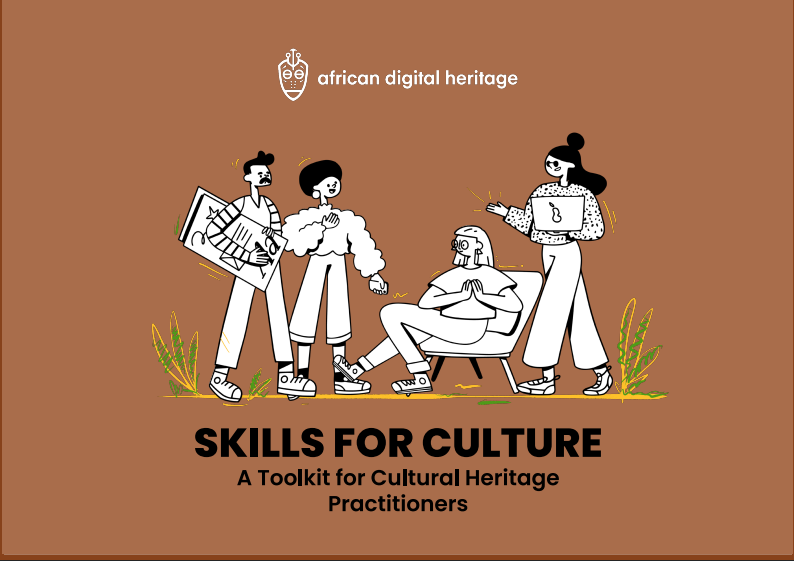
Skills for Culture : A Toolkit For Cultural Heritage Practitioners
2022
Author(s): Eboso A , Maina CT , Gachara G , Mulonzya M , Igombo R
The Skills for Culture - Cultural Heritage in Kenyan Counties Report (2022) noted a rise in the meaningful collaborations and strategic partnerships for the promotion of cultural heritage in counties of Kenya. These strategic partnerships happen between county government departments, national government administrations at county level, the private sector, financial institutions, civil society groups, development partners, and community- based organizations, among others.

Draft Outline Of An Intellectual Property Management Toolkit For Documentation Of Traditional Knowledge
2002
Author(s): Secretariat
As traditional communities evolve under increasing external pressures and influences, and the customary frameworks for preserving and transmitting their TK come under strain, there is a potential role for alternative, often more formal, methods of recording and preserving TK. Documentation of TK and associated biological or genetic resources is potentially useful for a range of reasons, in the interests of both TK holders, and the broader public interest.
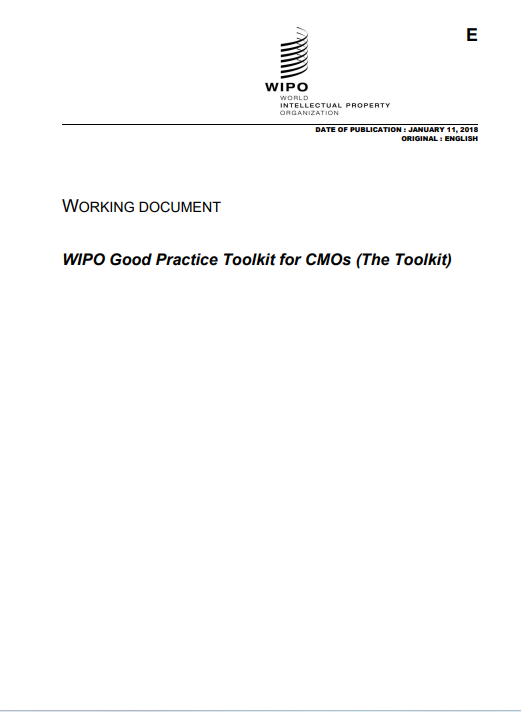
WIPO Good Practice Toolkit for CMOs (The Toolkit)
2018
Author(s): World Intellectual Property Organization
Collective Management Organizations (CMOs) typically exist in a situation where it would be impossible or impractical for owners of copyright and related rights to manage their rights directly, and where it is to their advantage that the licensing of the rights that they own or represent be aggregated with a CMO.
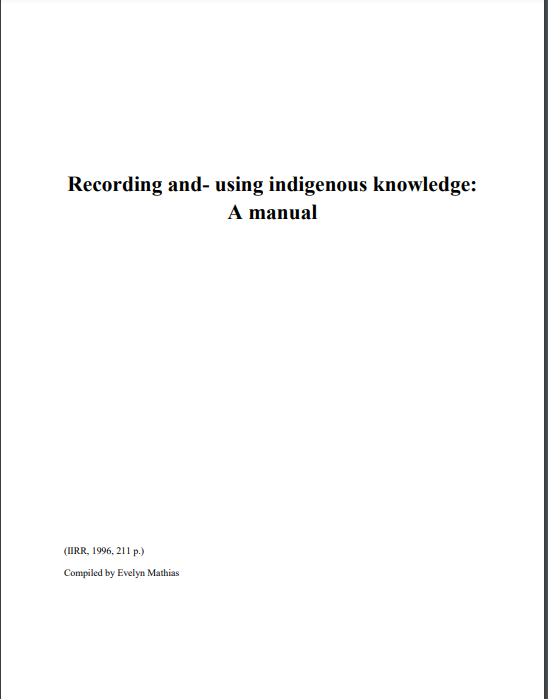
Recording and- Using Indigenous Knowledge: A manual
1996
Author(s): Evelyn Mathias
This manual aims to overcome this constraint. It provides government and non-government rural development workers with the information and tools they need to integrate IK into their development work. The design of the manual allows for easy copying and use of the materials in training. We hope that this manual will facilitate the use and conservation of indigenous knowledge for the benefit of people and their communities.

